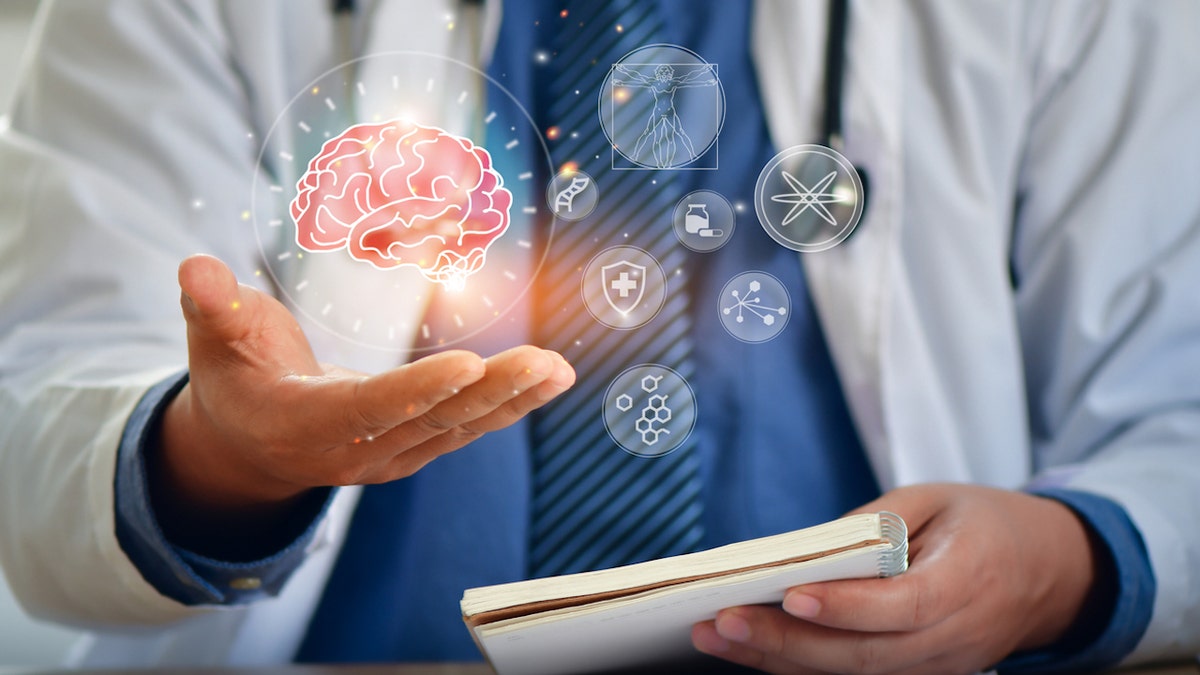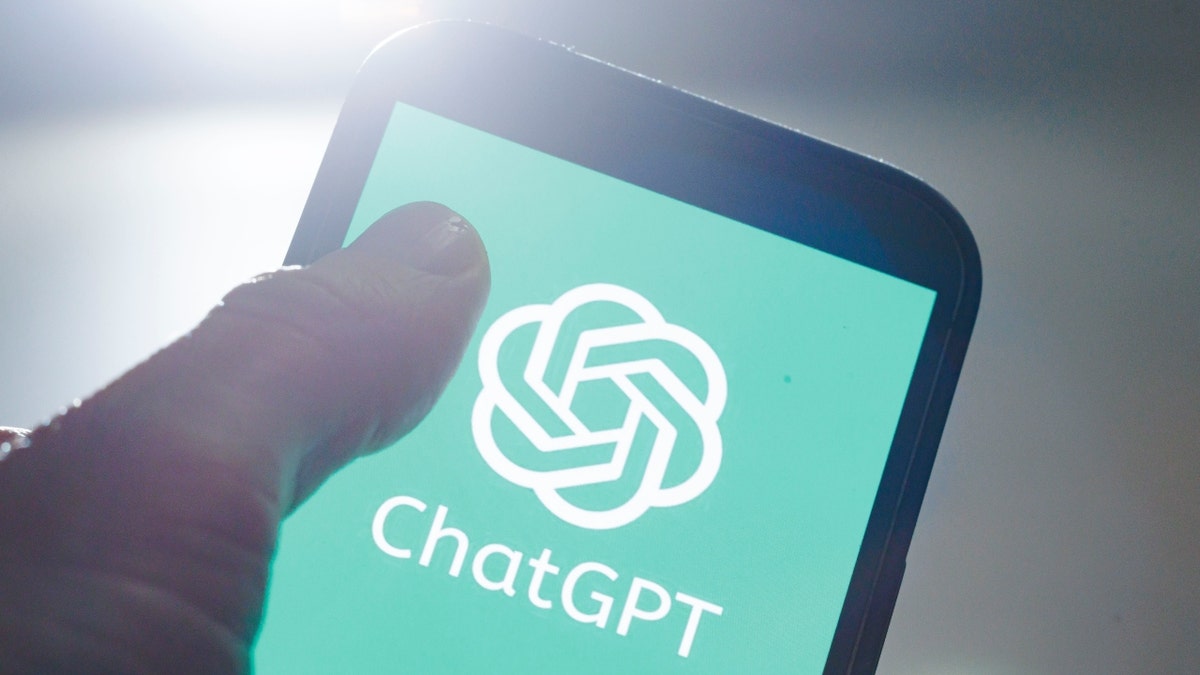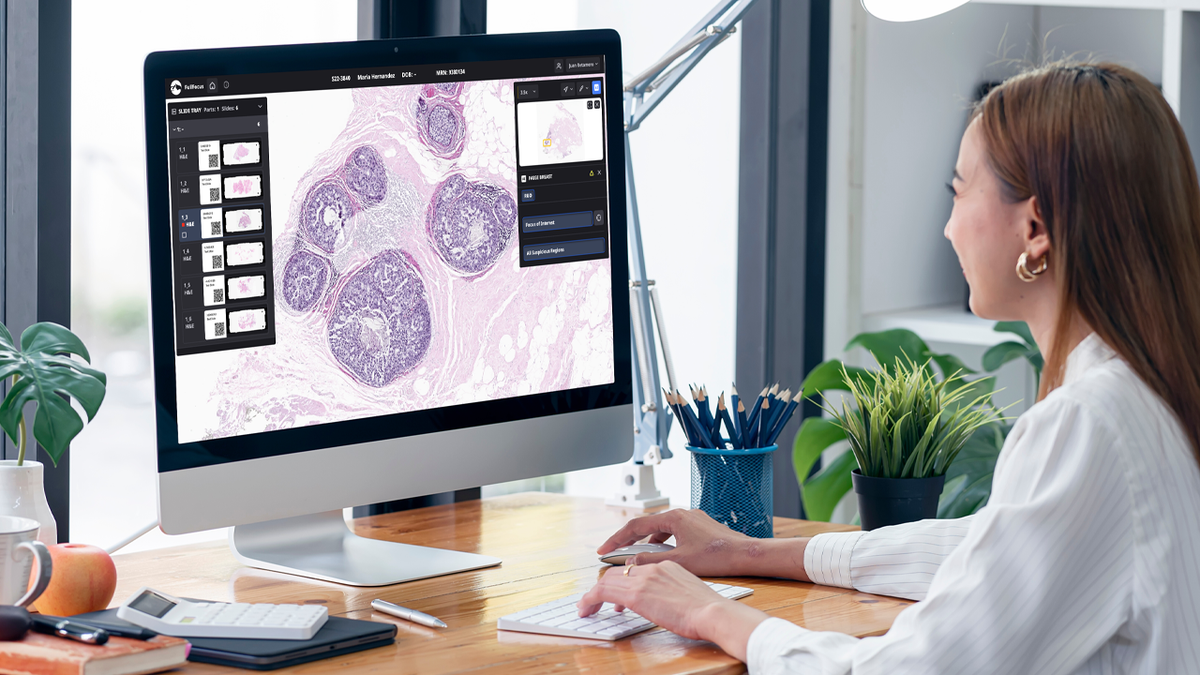Medical advice from artificial intelligence preferred over doctors: Study
Chris Winfield, founder of Understanding A.I., tells Fox & Friends Weekend host Will Cain about a study showing patients preferred medical answers from artificial intelligence over doctors.
Patients are becoming more favorable to having artificial intelligence involved in medicine, according to one study from The Journal of American Medicine, showing that nearly 80% of participants preferred a chatbot's medical responses over a conventional doctor's.
"They liked the bedside manner of the A.I. doctor, in this case it was ChatGPT, better than the actual doctors themselves, and they actually felt more comfortable with those answers," said Chris Winfield, founder of Understanding A.I.
ARTIFICIAL INTELLIGENCE IN HEALTH CARE: NEW PRODUCT ACTS AS ‘COPILOT FOR DOCTORS’

Doctor surgeon and neurologist use robotic and medical technology to diagnose and examine patient brain with intelligence software. AI, Innovation, (iStock)
Winfield, who appeared Sunday on "Fox & Friends Weekend," said the blind study kept participants in the dark about who – or what – offered advice for their questions to more accurately shirk off potential biases.
He added that one of the implications is that people are unhappy with conventional doctors' bedside manner.
"They're overworked. The main thing I hear from doctors, people in the medical community, is about being overworked, and you feel that when you're with a lot of doctors, unfortunately," he said.

The logo of the chatbot ChatGPT (Generative Pre-trained Transformer) from the company OpenAI can be seen on a smartphone on April 3, 2023, in Berlin, Germany. ((Photo by Thomas Trutschel/Photothek via Getty Images))
"It [the A.I. bot] never gets mad at you… a lot of times you feel, with a doctor relationship, where it's kind of talking down [to you] every now and then, and you don't get that with a chatbot."
Artificial intelligence has taken the medical field by storm in recent months, with studies observing the software as it copilots for physicians and observes early warning signs of potentially hazardous conditions, including Alzheimer's Disease, strokes and certain types of cancers.
As the innovative technology works its way into multiple industries, the question of its role to assist or perhaps someday replace humans in the medical profession and professions beyond it still lingers.
AI-POWERED MENTAL HEALTH DIAGNOSTIC TOOL COULD BE THE FIRST OF ITS KIND TO PREDICT, TREAT DEPRESSION

AI is assisting pathologists in determining overall tumor percentage, tumor length and categorizing areas suspicious for cancer. (Paige AI)
"Although many of these [A.I.] tools offer the promise of advancement, their use also has the potential to perpetuate unlawful bias, automate unlawful discrimination and produce other harmful outcomes," a joint statement from the U.S. Equal Employment Opportunity Commission (EEOC), Consumer Financial Protection Bureau (CFPB), Department of Justice (DOJ) and Federal Trade Commission (FTC) read, according to "Fox & Friends Weekend" anchor Will Cain.
Some allege the bots would assist patients in their relentless search for unbiased answers, but others echo the statement's concerns that warn data feeding into bots could be just as biased as the humans providing it.
CLICK HERE TO GET THE FOX NEWS APP
"This is one of the things Elon Musk brought up about OpenAI," Winfield said. "Is it being trained? Or what are the inputs that are going in? Are they biased? Are they molding the data sets in the wrong way?"
Winfield said one of the most significant driving forces behind the reluctance to accept A.I. is its novel role - not only in medicine and other areas - but in its ability to potentially replace workers.











































